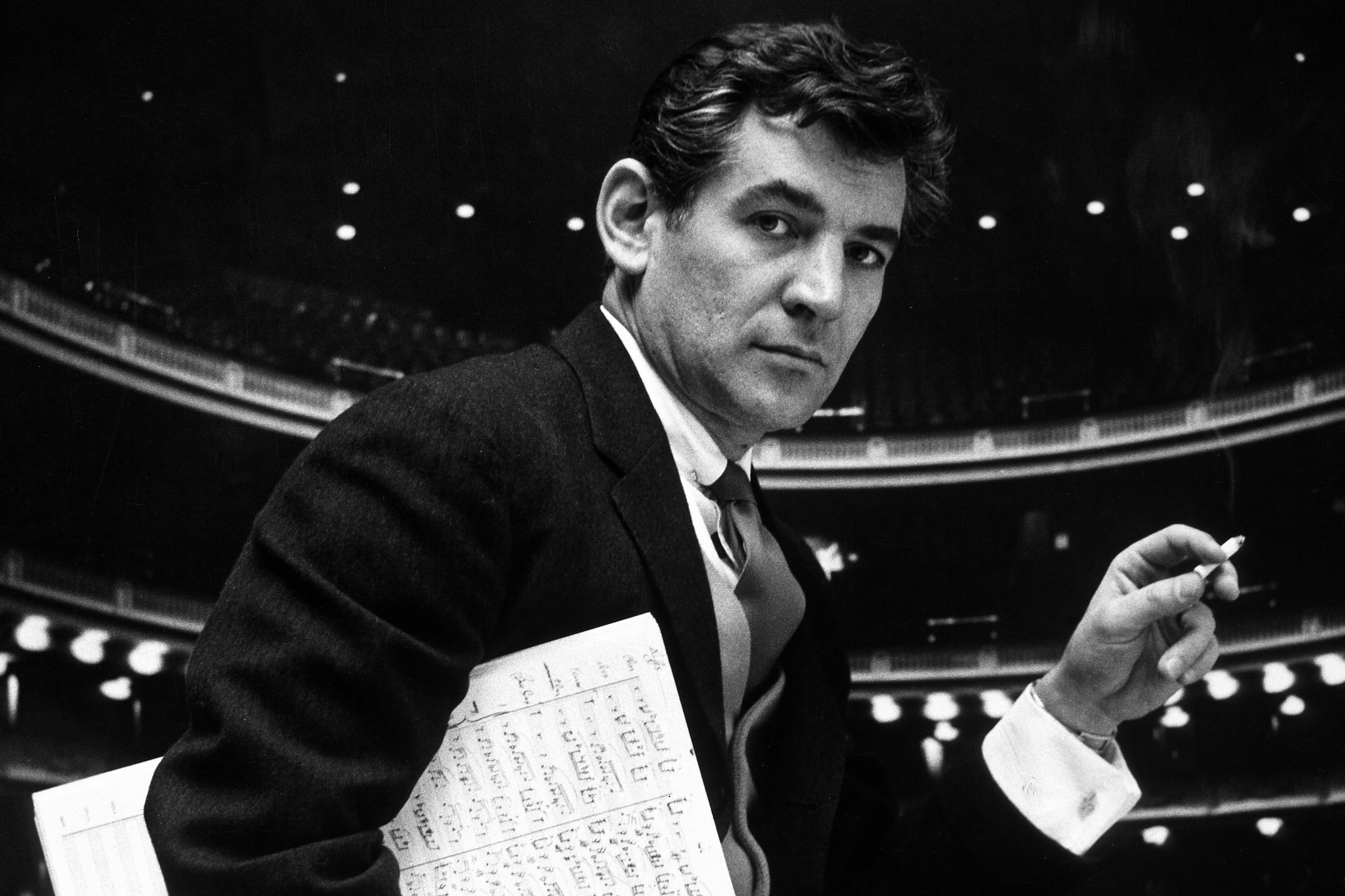Candide at 60
Last Thursday marked the 60th anniversary of the Broadway opening of Leonard Bernstein’s Candide, a work based on the novella by Voltaire, which falls somewhere between musical theater and operetta. It isn’t often that an overture stops the show, but that’s one of the details Barbara Cook, who played the role of Cunégonde, remembers from the night of December 1, 1956. I am extremely proud to have been part of the original cast of Leonard …







